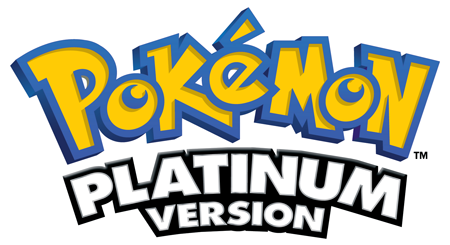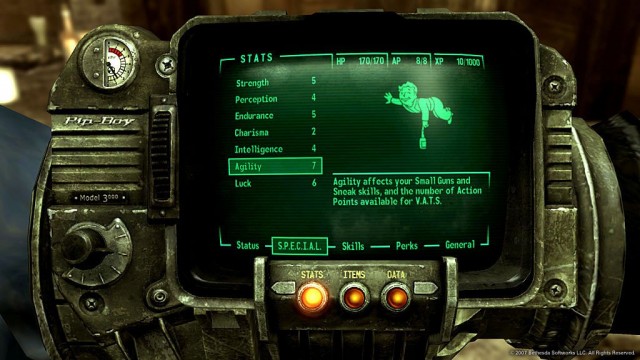


The argument that violent video games and movies lead to violent behavior has seemingly been made since the dawn of time. Recent events, such as the tragic shootings in Colorado, appear to only act as a catalyst for such an argument to be made. Yes there is violence in video games and no I do not think a five year old child should be playing Call of Duty or even Halo. But let’s be real… violence is everywhere. It’s in the movies, comic books, novels, youtube, and the news. It’s on the streets and even in our schools. However, there is little to no tangible evidence that violent games create violent individuals; I myself grew up playing Doom and House of the Dead with my brothers, and I still feel guilty about smooshing a bug. Regardless of the argument of violence, this is not what this article is about. Rather, I want to target something that is not often argued. Something that has actual scientific evidence backing it up. Something that involves good news (a rather rare and precious entity in the media these days).
This is about what good video games can do for people. Reading often has a profound effect on the brain, movies can often inspire, working on math problems or puzzle-games can activate and help to develop the brain… so how can something that often combines all three of these things into one not have a positive effect on the human psyche? Maybe games aren’t the intellectual draining monsters they are so pinned on being, maybe they are the opposite.
In 2010, East Carolina University preformed a study on the cognitive effects of video games in people ages 50 and up. Those involved in the study, who were presented with half an hour of game play before taking an exam which asked them to perform certain tasks, preformed at an average of 87% faster than those who did not play a game prior to the exam. In addition, the “gaming” group improved the frequency of correctness during the exam by over 200%. It is important to note that the games involved in the study were not the traditional FPS or RPG, rather they were games more similar to that of Brain Age and Bejeweled. However, the massive percentages seen in the level of cognitive function shows that performing interactive tasks, like playing video games, does anything but melt your brain and turn you into a mindless drooling zombie.
Now I’m not saying that playing World of Warcraft all day is going to boost your IQ and help you achieve the perfect score on the G.R.E (as they say, “all things in moderation”), but I think it is fair to point out that many games outside of the Brain Age and Bejeweled spectrum do indeed make you think. Think of the puzzles often seen in Tomb Raider and Zelda or the fast-paced strategy of RTS games – all of these things often require a great deal of thought to be put in them. Just because they aren’t identified as puzzle games does not mean they do not require some if not an equal amount of cognitive function. Your brain and synapses are running full-force.
The increase of function in the brain while playing video games has lead to a multitude of other studies and ideas, including that video games may actually help people who do not have a properly functioning brain. Could this mean that game play could actually alleviate Alzheimer’s disease and/or perhaps other dementia-type disorders? A five year study from the from the North American Archives of Neurology, performed on individuals from ages 22-74 (11 of the patients having Alzheimer’s), showed that even playing games like Angry Birds can help delay the onset of Alzheimer’s by slowing the folding and creation of the proteins linked to the disease. Not only did video games help in the cognitive maintenance of many of the seniors in the study, it also increased the brain function of the Alzheimer’s patients.
In addition to improving the symptoms of people with dementia, video games also appear to be helping scientists to find actual cures for the disease.
The key to finding the cure for diseases like Alzheimer’s lies in the recipe for healthy human proteins. Thanks to modern science and the Human Genome Project we know which proteins make up the human body, but we do not know how they fold themselves to create enzymes and other essential parts of the brain and body. Just as Cancer is a human cell gone rogue, Alzheimer’s and other brain deteriorating diseases are caused by proteins that do not fold themselves correctly.
Enter the University of Washington, Pac-man, and Tetris!
The University of Washington created a game that mixed both aspects of Pac-man and Tetris to form a video game that can replicate the folding and creation of proteins. They sent this video game to the public and held worldwide competitions for it. Successful gamers actually built their own synthetic proteins, proteins that the University scientists are going to try to create in order to potentially fix the mis-folded proteins in dementia patients.
With each study new ideas arise and with each year technology is improved even more. Using video games to help mitigate humanity’s aliments, gaming for a cure? Now that’s pretty nifty stuff. Maybe next time games will lead us to a sustainable energy source. The beautiful thing is -- only time will tell in a future filled with seemingly limitless possibilities.




 The Top 50 Things You Never Knew About Fallout, Pt. 2
The Top 50 Things You Never Knew About Fallout, Pt. 2 DJ Mustard to release new remix of Rihannas FourFiveSeconds
DJ Mustard to release new remix of Rihannas FourFiveSeconds 1080p Is Clearly Better Than 720p, But Why Is The Media Downplaying It?
1080p Is Clearly Better Than 720p, But Why Is The Media Downplaying It? Pearl Jam confirms Latin American tour 2015
Pearl Jam confirms Latin American tour 2015 Shank Walkthrough
Shank Walkthrough